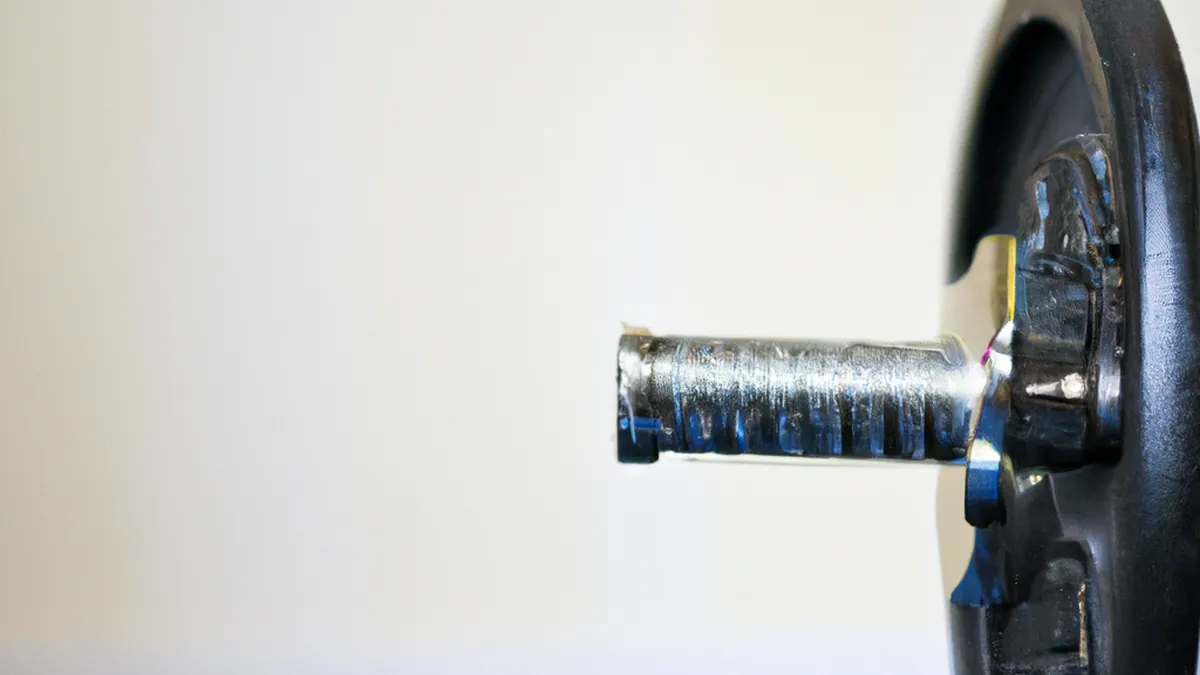Iron Intake: A Crucial Consideration
Nutrition for Women in SportsNutrition significantly impacts sports performance for women. Proper fueling enhances energy, endurance, and recovery. Women face unique nutritional challenges in sports. Understanding these needs empowers female athletes to achieve their full potential.
The Importance of Balanced Nutrition
Balanced nutrition forms the foundation for optimal performance. Women athletes need a mix of macronutrients: carbohydrates, proteins, and fats. Carbohydrates act as the primary energy source. They fuel workouts and sustain endurance. Proteins aid muscle repair and growth. Fats support overall health and hormone production.Women also have specific nutritional needs due to their physiology. For example, menstrual cycles can affect energy levels. Hormonal fluctuations influence metabolism, appetite, and energy levels. Understanding these changes aids effective meal and snack planning.
Carbohydrates: The Fuel for Energy
Carbohydrates are crucial for athletes. They provide quick energy during high-intensity workouts. Women should include various carbs in their diets. Whole grains, fruits, and vegetables make excellent choices. These foods offer energy and essential vitamins and minerals.During intensive training, women may need more carbohydrates. Consuming extra carbs before events can enhance performance. This practice benefits endurance sports, where glycogen stores impact performance. Athletes should prioritize complex carbohydrates for sustained energy and stable blood sugar levels.In the days before a competition, carbohydrate loading can help. This practice increases carbohydrate intake to maximize glycogen stores, providing extra energy for prolonged exertion.
Proteins: Building Blocks for Recovery
Protein is vital for recovery after intense workouts. It repairs muscle tissue and supports growth, making it essential for athletes. Women should focus on lean protein sources like chicken, fish, beans, lentils, tofu, and Greek yogurt.Timing protein consumption is crucial. Research shows that consuming protein within 30 minutes after exercising boosts recovery. This practice replenishes muscles and prepares the body for the next session. Women should aim for a protein-rich snack post-workout. A good guideline is 20-30 grams of protein after intense workouts, depending on body weight and training intensity.
Fats: Essential for Hormonal Balance
Healthy fats are essential for women in sports. They play a crucial role in hormone production, vital for female athletes. Hormones like estrogen and progesterone depend on fat intake and support reproductive health. Therefore, women must incorporate healthy fat sources.Avocados, nuts, seeds, and olive oil make excellent choices. These fats ensure hormonal balance and overall health.
Conclusion
As an Amazon Associate I earn from qualifying purchases.
Gear tip: consider compression sleeves, compression socks, and percussive massager to support this topic.
In summary, women athletes should prioritize balanced nutrition to enhance performance and support recovery.
Below are related products based on this post:
FAQ
Why is nutrition important for women in sports?
Nutrition significantly impacts sports performance for women by enhancing energy, endurance, and recovery. Proper fueling allows female athletes to meet their unique nutritional challenges and achieve their full potential in their respective sports.
What macronutrients do women athletes need?
Women athletes require a balanced mix of carbohydrates, proteins, and fats for optimal performance. Carbohydrates serve as the primary energy source, proteins aid in muscle repair and growth, while healthy fats support overall health and hormone production.
How does carbohydrate intake affect performance?
Carbohydrates are crucial for providing quick energy during high-intensity workouts. Women may need to consume extra carbohydrates, especially before events, to enhance performance and maximize glycogen stores for prolonged exertion during endurance sports.















Post Comment